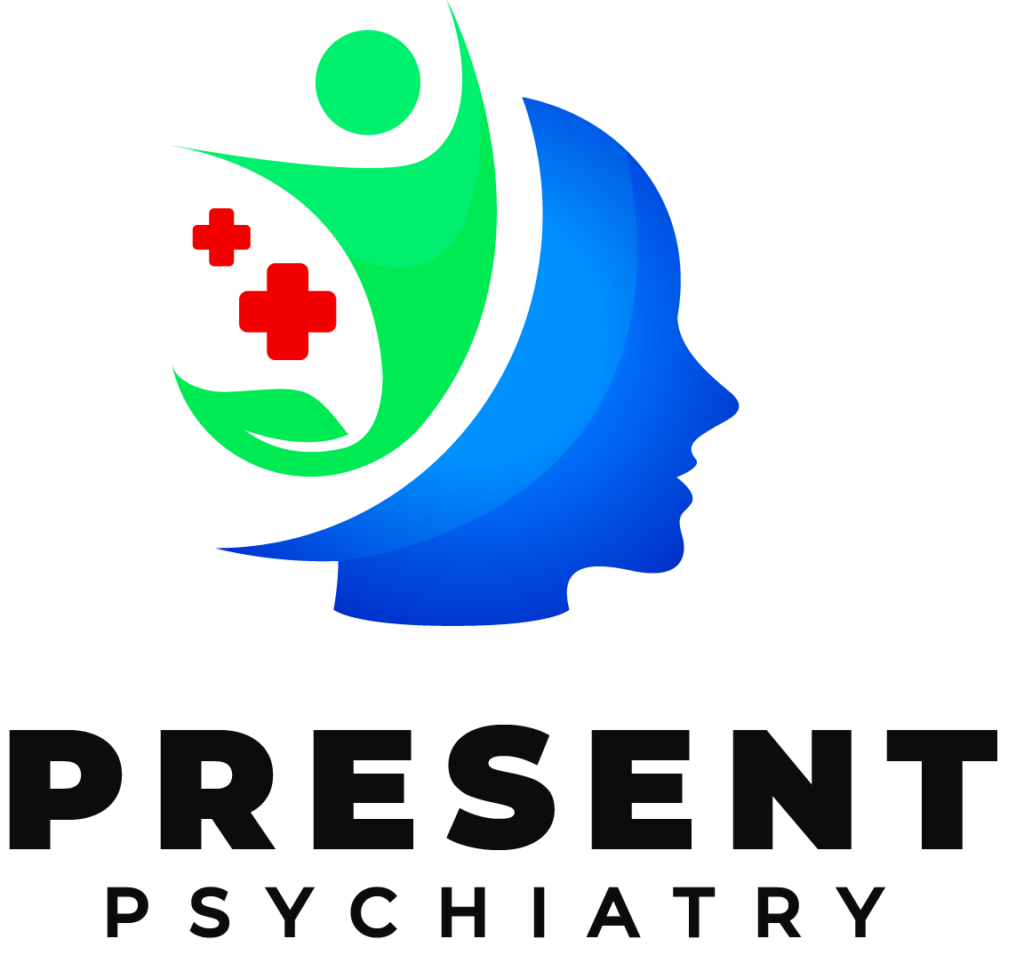World Alzheimer’s Day, observed annually on September 21, aims to raise awareness and challenge the stigma surrounding Alzheimer’s disease and other dementias. The theme for this year is “Time to act on dementia, Time to act on Alzheimer’s” is encourages open conversations to foster understanding and support for affected individuals and their families. This day is crucial in highlighting the importance of early diagnosis, care options, and the need for further research.
Alzheimer's Disease: A Global View
Understanding Alzheimer’s impact globally, with initiatives aimed at improving awareness, care, and support for all. In 2024, around 6.7 million Americans aged 65 and older are living with Alzheimer’s, with over 70% of them aged 75 or older. Globally, an estimated 55 million people are affected by dementia, with 60% to 70% believed to have Alzheimer’s disease.
What is Alzheimer’s Disease?
Alzheimer’s disease is a progressive neurological disorder that affects memory, thinking, and behavior. It is the most common form of dementia, leading to a decline in cognitive function and ultimately impacting daily living.
Causes
The exact cause of Alzheimer’s remains unclear, but several factors may contribute:
Genetics: Family history increases the risk.
Age: The likelihood of developing the disease rises significantly after age 65.
Lifestyle: Factors such as poor diet, lack of exercise, and smoking can elevate risk.
Effects
Alzheimer’s has profound effects on individuals and their families. It disrupts personal relationships, impacts emotional well-being, and can lead to significant caregiver burden.
Symptoms
Common symptoms of Alzheimer’s disease include:
- Memory loss
- Difficulty completing
- familiar tasks
- Confusion about time or place
- Changes in mood and personality
Dementia and Alzheimer’s: What
You Need to Know?
Alzheimer’s disease is a subtype of dementia, characterized by specific symptoms and brain changes. While all individuals with Alzheimer’s have dementia, not all dementia cases are due to Alzheimer’s.
Treatment Options
Currently, there is no cure for Alzheimer’s, but treatments can help manage symptoms. Options include:
Medications: Cholinesterase inhibitors can help improve symptoms in mild to moderate stages.
Therapies: Cognitive stimulation and support from caregivers can improve quality of life.
Lifestyle Changes: A balanced diet, regular exercise, and mental engagement may slow progression.
Why Celebrate This Day?
Celebrating World Alzheimer’s Day spreads awareness, encourages discussions, and mobilizes communities to support those affected by the disease. It promotes education about dementia, reducing stigma, and improving understanding of the challenges faced by individuals and families.
History of World Alzheimer’s Day
World Alzheimer’s Day was first established in 1994 by Alzheimer’s Disease International (ADI) to create a global platform for awareness. Over the years, it has evolved into a significant occasion to advocate for policy changes, research funding, and improved care services.
At Present Psychiatry, we are committed to providing comprehensive care for individuals facing Alzheimer’s disease and related dementias. If you or a loved one is experiencing symptoms or requires support, our expert psychiatrists are here to help.
WE STRIVE HARD AND PROMISE TO DELIVER
- 5600 NW Central Dr Suite 280, Houston, TX 77092, United States
- +1 832-552-1578
- inquire@presentpsychiatry.com



